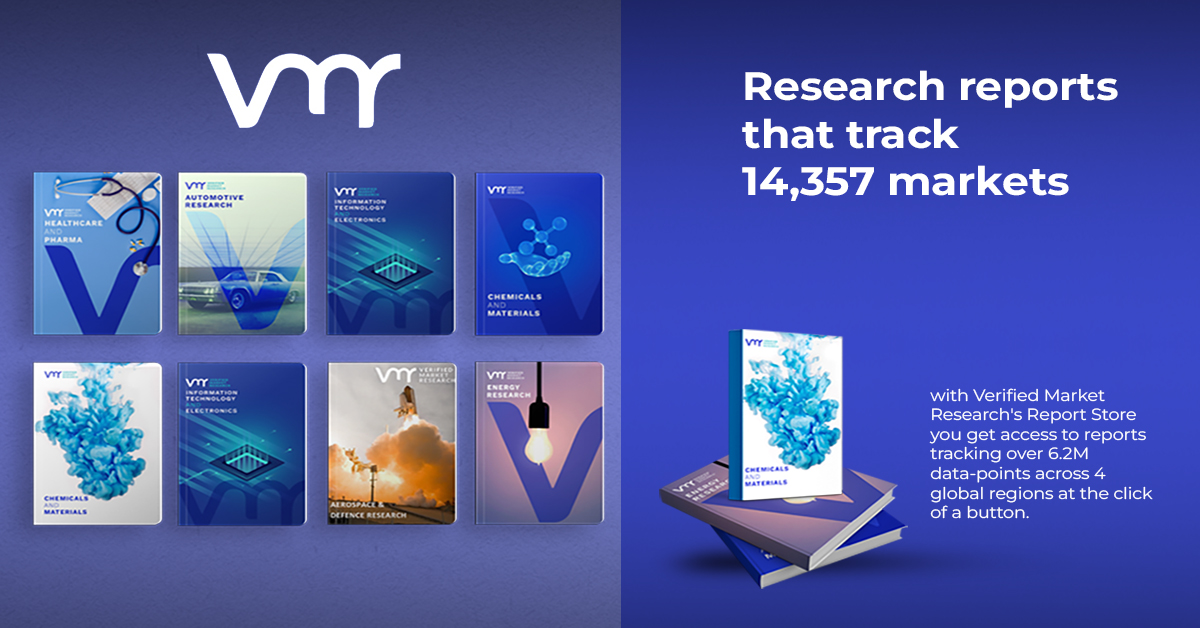The Packaged Kale Chips Market: A Surge in Healthy Snacking Trends
The packaged kale chips market is experiencing remarkable growth, fueled by increased consumer demand for nutritious and convenient snacking options. With projections of the market expanding by over $529.3 million from 2023 to 2028 and a compound annual growth rate (CAGR) of 22.86%, the trend underscores the global pivot towards health-focused eating habits. This article delves into the latest developments, opportunities, challenges, and emerging trends shaping the market.
The Driving Forces Behind the Market Growth
Health Consciousness and Nutrient-Rich Profiles
Kale chips are celebrated as a superfood snack, offering a rich blend of vitamins (A, C, and K), antioxidants, and minerals like magnesium, calcium, and potassium. These attributes make them a preferred choice for addressing modern health concerns such as cardiovascular diseases, diabetes, and obesity. Consumers are increasingly drawn to kale chips as a guilt-free alternative to traditional potato chips.
Convenience and Versatility
Packaged kale chips cater to busy lifestyles, providing on-the-go options for health-conscious consumers. They can serve as a standalone snack or as an ingredient in salads, cereals, and baked goods. Additionally, their compatibility with dietary trends like gluten-free, vegan, and organic lifestyles has bolstered their popularity across demographic.
Retail and Distribution Expansion
The rise of organized retail and e-commerce platforms is pivotal. Kale chips are now widely accessible via supermarkets, health food stores, and online marketplaces, ensuring ease of purchase and consistent availability.
Emerging Market Trends
Flavor Innovation
To meet diverse taste preferences, manufacturers are introducing new flavors, including ranch, spicy chili, and tangy citrus. These innovations aim to attract not only health-conscious consumers but also snack enthusiasts seeking unique experiences.
Focus on Sustainability
Sustainable production practices are becoming essential. Brands like Rhythm Superfoods are leveraging organic and non-GMO certifications to align with eco-conscious consumer values.
Increased Adoption of Online Shopping
The shift toward online purchasing has made packaged kale chips more accessible. This trend is particularly pronounced in regions like North America and Europe, where digital platforms play a significant role in retail.
Geographical Insights
North America Leading the Charge
Accounting for approximately 34% of global market growth, North America remains a key player due to high health awareness and purchasing power. The U.S., in particular, is witnessing strong demand across health food stores and major retail chains.
Growing Interest in Asia-Pacific
Countries like China and India are emerging as lucrative markets, driven by increasing urbanization, disposable income, and awareness about healthy eating. This region represents untapped potential for expansion.
Challenges in the Packaged Kale Chips Market
Maintaining Product Quality
Ensuring the freshness and crispiness of kale chips during transportation and storage is a persistent issue. Dehydration techniques and airtight packaging solutions are being employed to tackle this challenge.
High Competition and Pricing Pressures
With the entry of numerous brands, competitive pricing and brand differentiation are critical for capturing market share. Startups and smaller brands often face barriers due to economies of scale enjoyed by established player.
Future Outlook and Opportunities
Innovation in Product Formats
Beyond chips, there is potential for introducing kale-based extruded snacks, powders, and supplements. These variations could cater to broader consumer preferences.
Focus on Functional Benefits
Brands can capitalize on kale’s health benefits by emphasizing its role in boosting immunity and overall well-being, especially post-pandemi.
Regional Expansion
Emerging markets in South America, Africa, and parts of Asia hold promise for growth as awareness and access improve. Strategic marketing and localized flavors could be key to success.
In summary, the packaged kale chips market reflects a broader trend toward healthy snacking. With its robust growth trajectory, ongoing innovations, and increasing global penetration, this market is poised for sustained success. However, addressing challenges like quality assurance and competitive pricing will be crucial for long-term resilience. For businesses and investors, the key lies in understanding consumer preferences and aligning offerings with health-conscious values









